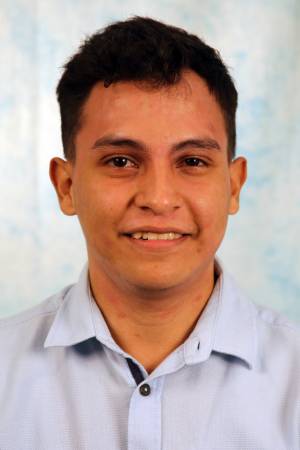PhD Speaking Qualifier
Enhancing Model Performance and Interpretability with Causal Inference as a Feature Selection Algorithm
Abstract: Causal inference focuses on uncovering cause-effect relationships from data, diverging from conventional machine learning which primarily relies on correlation analysis. By identifying these causal relationships, causal inference improves feature selection for predictive models, leading to predictions that are more accurate, interpretable, and robust. This approach proves especially effective with interventional data, such as randomized [...]
Recent Progress in Graph-Search Methods for Multi-Robot-Arm Motion Planning
Abstract: An exciting frontier in robotic manipulation is the use of multiple arms at once. However, planning concurrent motions is a challenging task using current methods. A major obstacle is the high-dimensional state space of this planning problem, which renders many traditional motion planning algorithms impractical. This opens the door for alternatives to the common [...]
Strategy and Skill Learning for Physics-based Table Tennis Animation
Abstract: Recent advancements in physics-based character animation leverage deep learning to generate agile and natural motion, enabling characters to execute movements such as backflips, boxing, and tennis. However, reproducing the selection and use of diverse motor skills in dynamic environments to solve complex tasks, as humans do, still remains a challenge. We present a strategy [...]
HaptiClay: An Interactive Haptic Interface for Gestured Concretization of Polynomial Functions
Abstract: In this work we present HaptiClay, a low-cost kinesthetic haptic interface that elevates the understanding of mathematics language by providing embodied non-verbal representations of math concepts. Our interface integrates four key components: a haptic device, a high-level simulation that communicates with a low-level controller for force and position updates, a low-level controller that executes [...]


